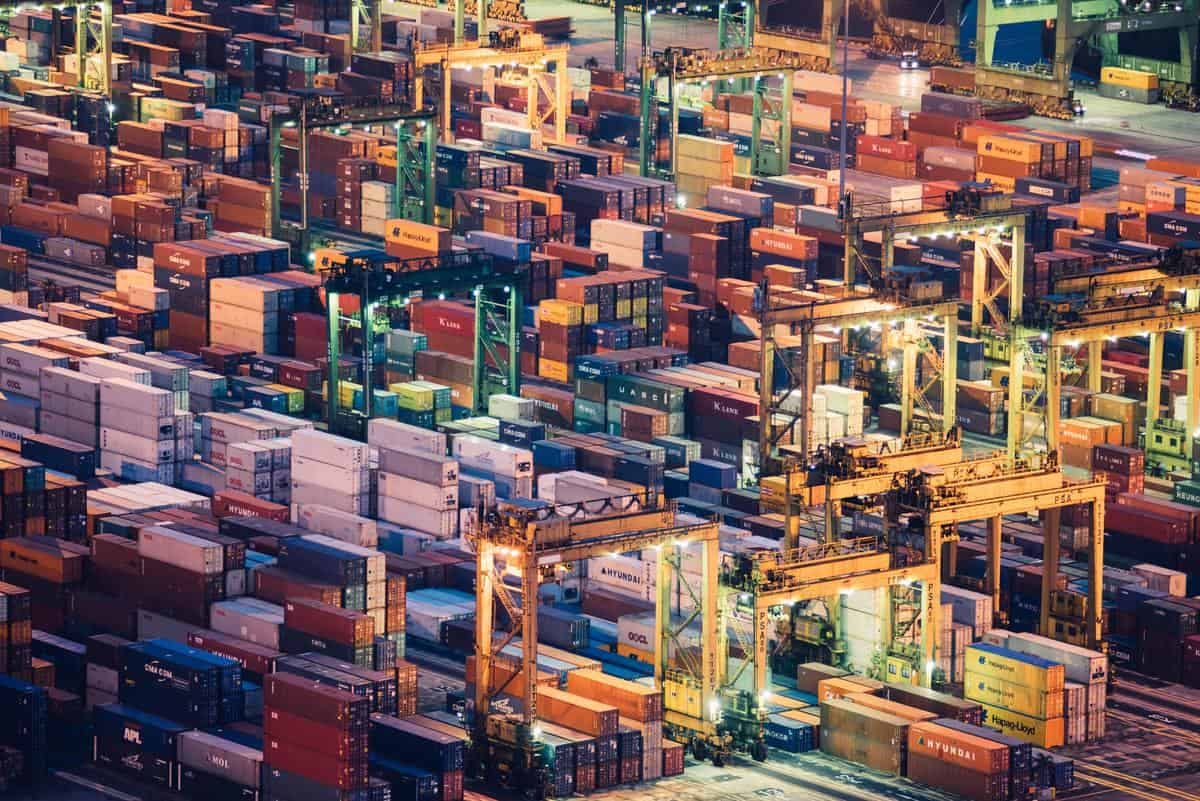This year has been a roller coaster ride for Australia’s export trade. In 2021 Australia’s export trade boomed despite the on-going pandemic, geopolitical trade tensions, and supply bottlenecks.
Overall, Australia is ending this year in much better shape than it ended 2020.
The numbers
The ABS reports that between August of 2020 and August of 2021, the value of exports leaving Australia shores jumped by almost 50 per cent.
The export price index rose 6.2 per cent in the last quarter and 41.0 per cent throughout the year.
The main contributors to export growth in 2021:
- Coal, coke and briquettes (+48.1 per cent), driven by surging global demand for thermal and coking coals.
- Gas, natural and manufactured (+39.5 per cent), due to the rise in oil-linked contracts capturing the continued oil price rises in 2021.
- Non-ferrous metals (+17.1 per cent), through increased manufacturing demand as pandemic restrictions ease and economic activity increases.
- Meat and meat preparations (+10.3 per cent) due to strong demand for beef and constrained global supply.
- Petroleum, petroleum products and related materials (+12.0 per cent), driven by strong global oil demand and constrained global supply.
China-Australia relations
In 2020 Australia experienced a monumental shift in trade after China-Australia relations broke down. Continuing a trend from 2020, it was another tumultuous year between the nations.
In late 2020, Beijing dealt a $20 billion hit on Australia’s major exports, including lobsters, coal, barley, timber, and wine. Before the rising trade tensions, China was treated as an indispensable destination for Australia’s exports.
2022 will mark 50 years since Australia established diplomatic ties with China. The trade relationship endured for so long and had become so significant that Australian businesses were initially ill-prepared for Beijing’s and Canberra’s trade war.
A year on, Australian businesses have been forced to diversify trade portfolios and based on ABS data have reaped the benefits. Australia discovered the world has other wealthy markets that want quality Australian exports.
In 2021, Australian businesses increased the value of exporting partnerships with almost all of the nation’s wealthy trading partners. The list includes but is not limited to South Korea, India, Singapore, the US, Germany, and the Netherlands.
New global partnerships
Perhaps the most significant change for Australia’s export ecosystem in 2021 is the shift from being China’s canary in the coal mine to being a central member of two newly established, powerful multilateral groups.
The two groups are working to reset the economic, technological, and strategic balance away from China.
In 2021 Australia has found itself well-positioned for ongoing prosperity and security in the Quad partnership with India, Japan, and the US, and the AUKUS technology partnership with Britain and the US is for Australia.
Australia’s economy is likely to see greater diversification as the country takes advantage of previously neglected free-trade agreements with Japan and South Korea.
Additionally, Australia will profit from the US and new UK agreements and build deeper economic links with India and the EU, despite the cancellation of the French submarine contract.
The risk of future devastating trade wars will significantly decrease by diversifying the Australian trade portfolio.
No matter how difficult the last two years have been, in 2021, Australia has undoubtedly learned valuable lessons about the importance of solid and dynamic exports, a trend likely to continue into 2022.
Read more:A new focus for China’s online shopping festival, 11.11
Read more: Let’s Talk: Should 2022 be the year to start exporting?
Keep up to date with our stories on LinkedIn, Twitter, Facebook and Instagram.

